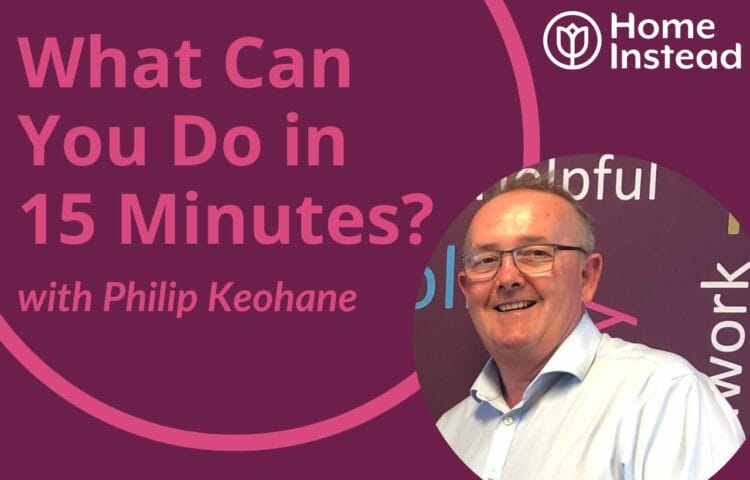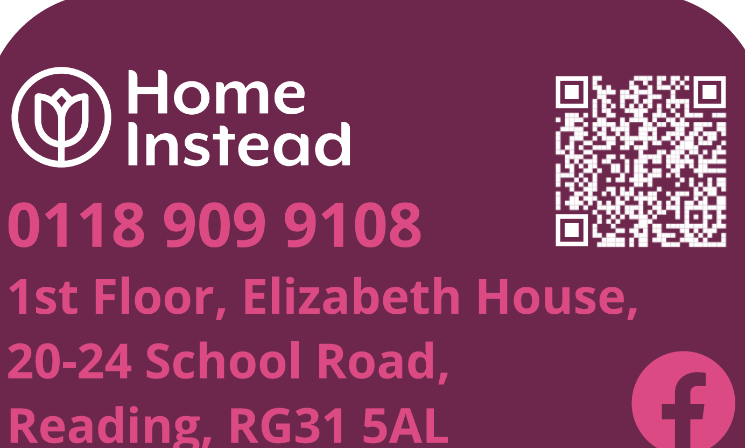With the ongoing news of local councils across the country being in dire financial straits, a further spotlight is cast on the provision of care to the elderly and vulnerable people in our society who cannot get by without regular interventions from professional care providers.
It is estimated that over 60% of the care at home commissioned by local councils is done so in 15-minute time slots. Although there have been previous cries to amend this practise, the financial pressures which our council care commissioners work under means this practice persists.
Whilst here are some tasks (such as popping in to check that everything is OK and offering to make a drink or help with administering medication) that can be done satisfactorily in a quarter of an hour, it should not be the norm. Care staff leaving clients with mugs of hot drinks because they cannot afford the time to sit with the person while they drink it, and clients having to choose between having a wash or a meal because the schedule does not allow for both is really not acceptable.
Similarly, a program for caring for someone should never be purely based on undertaking specified tasks. Here at Home Instead we are looking after people not robots. These people have good days and not so good ones; their social and emotional wellbeing is as important as their physical care. For this reason, I will not enter into local authority block contracts which drive down the quality of care due to the excessive use of short duration calls.
At Home Instead we have a minimum call duration of one hour as this enables our carers time to deliver person-centred care which focuses on the needs and dignity of the individual.

























